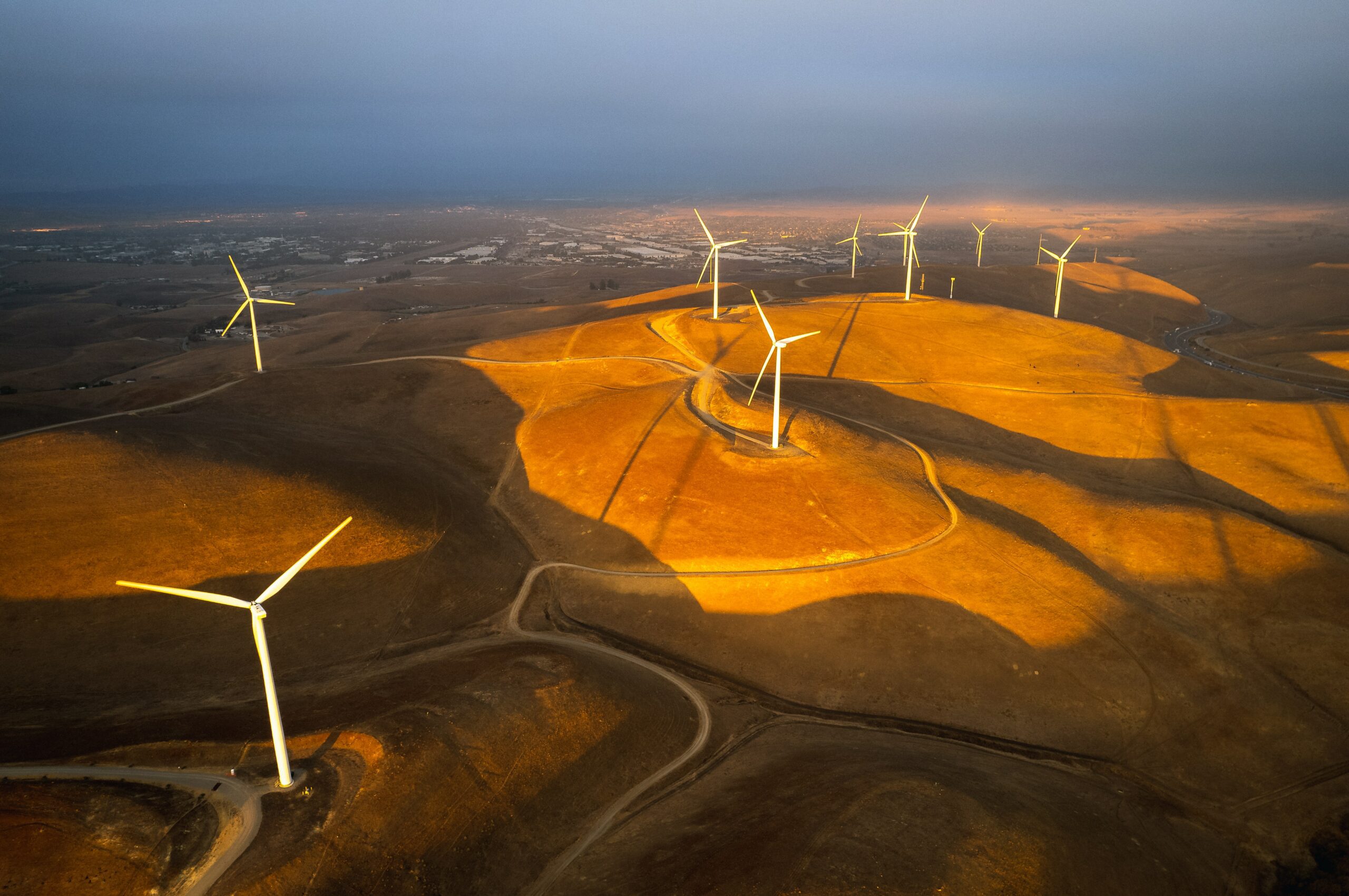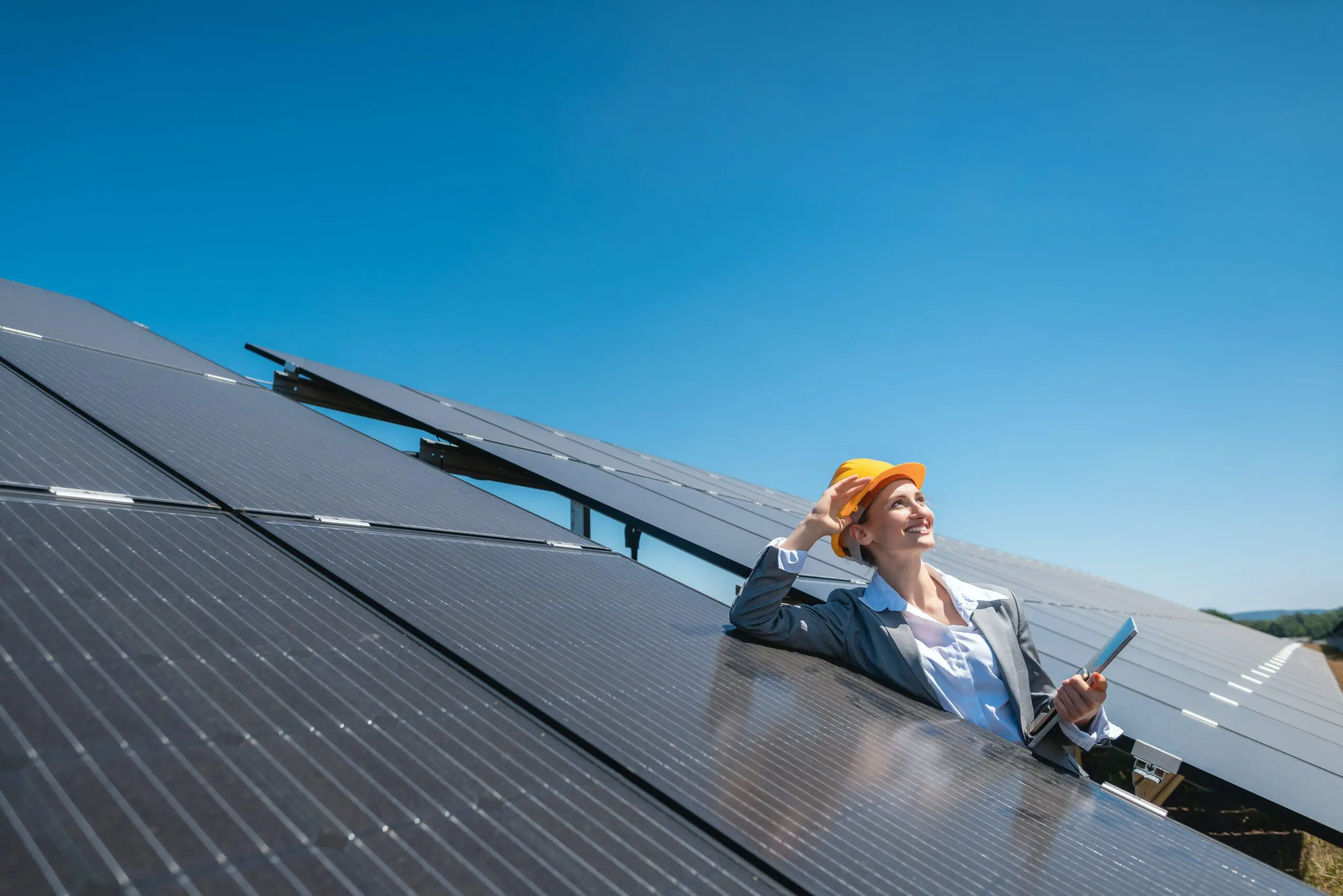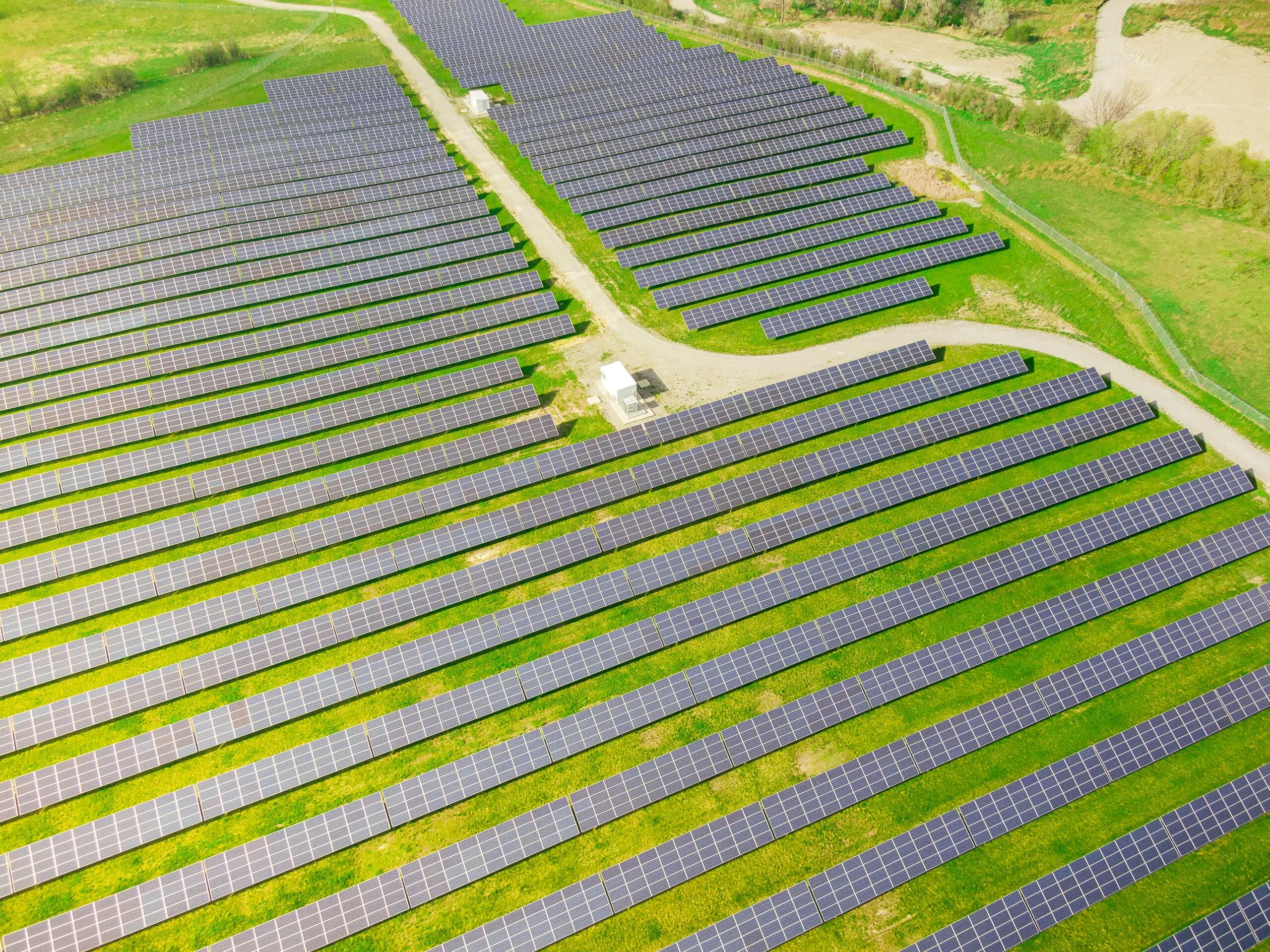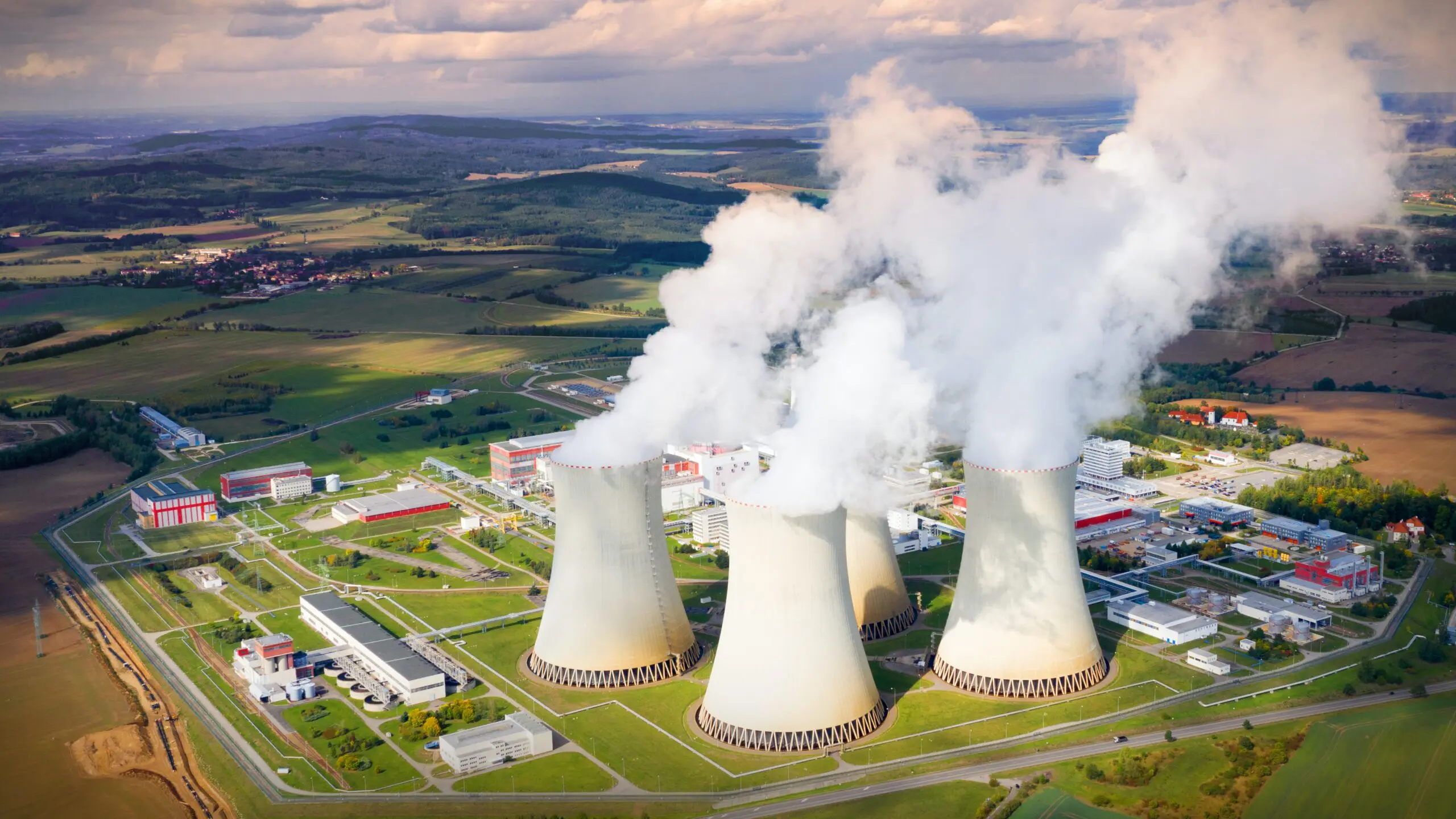As we head into 2024, the renewable energy sector is positioned at a critical and exciting juncture, characterized by emerging trends in renewable energy that bring both challenges and opportunities for innovation. Facing global issues such as climate change and dwindling natural resources, this sector emerges as a beacon of hope, offering viable solutions and showcasing a plethora of technological advancements and burgeoning investment opportunities. This blog post delves into the anticipated trends and transformative developments poised to shape the renewable energy landscape in 2024, reflecting a dynamic field that is rapidly evolving in response to the world’s pressing environmental and energy needs.
Sustainable Energy Technological Innovations

1. Green Hydrogen’s Emergence
In 2024, green hydrogen, produced from renewable sources, is expected to become increasingly vital as an energy carrier. We anticipate major advancements in electrolyzer technology, which will significantly improve the efficiency and reduce the cost of green hydrogen production. These developments are pivotal, as they will expand green hydrogen’s viability across various sectors, including industrial processes and transportation. This evolution marks an important step in diversifying renewable energy applications and highlights the potential of green hydrogen in the broader transition to sustainable energy systems.
2. Solar and Wind Energy Advancements
Solar and wind energy are poised for transformative enhancements. Bifacial solar panels that capture sunlight on both sides, and large-scale offshore wind turbines with gigawatt capacities, are just the tip of the iceberg. These advancements will allow for a more efficient capture of renewable resources, making solar and wind energy more viable and competitive with traditional energy sources. The growth of solar PV capacity is a notable trend, forecasted to surpass a terawatt of global solar power generation, accounting for a significant portion of renewable growth. Additionally, the share of offshore wind energy is expected to increase, with more countries, including Canada, the US, India, China, and the UK, expanding their offshore capabilities.
3. Breakthroughs in Energy Storage
The growth of renewable energy in 2024 will be closely tied to advancements in energy storage technologies. We’re likely to see the emergence of innovative storage solutions like solid-state batteries, which offer higher energy densities and longer lifespans compared to traditional lithium-ion batteries. Additionally, the development of gravity-based storage systems is expected to gain traction. These systems provide sustainable, long-term storage options, which are essential for managing the intermittent nature of renewable energy sources. Such advancements are crucial in ensuring a stable and reliable supply of renewable energy.
Sustainable Energy Policy Dynamics

1. Enhanced Government Support
Governments are expected to play a pivotal role in accelerating the transition to renewable energy. In 2024, we may see an increase in subsidies, tax incentives, and regulatory frameworks that are more favorable to renewable energy projects. These policies will be essential in encouraging the adoption of renewable technologies and attracting investments. China continues to lead in renewable energy, aiming to exceed its target of generating 33% of its electricity consumption from renewable sources by 2025, with significant developments in wind energy.
2. Grid Integration Initiatives
In 2024, the integration of renewable energy into existing power grids will be a key area of focus. Efforts will center on upgrading grid infrastructure to manage the variability of renewable sources effectively. This will include the implementation of advanced technologies like smart grids and distributed energy systems, which can enhance energy distribution and reliability. These initiatives are essential to ensure a stable and efficient energy system capable of handling an increased share of renewable energy, thereby facilitating a smoother transition towards a more sustainable energy future.
Renewable Energy Investment Trends

1. Corporate Investment Surge
Corporate investment in renewable energy is expected to rise significantly in 2024. More leading companies in key business sectors like food and beverage, textile, pharma, automotive, logistic are committing to renewable energy targets and investing in green energy projects as part of their sustainability strategies. This trend is driven by the growing recognition of the long-term benefits of renewable energy investments, both in terms of financial returns and corporate responsibility. The rising costs of materials, influenced by global market dynamics, could pose challenges for new renewable projects. However, the increase in the cost of fossil fuels and the need for energy security have kept renewable energy competitive in the market.
2. Expansion of Green Bonds and ESG Investments
The market for green bonds and Environmental, Social, and Governance (ESG) investments is anticipated to experience significant growth in 2024. This trend is indicative of a broader shift in the investment community towards sustainability and social responsibility. Investors are increasingly seeking opportunities that not only provide financial returns but also contribute positively to environmental and societal goals. This growing interest is likely to lead to more innovative financial products in the green bond and ESG sectors, offering diverse opportunities for investors to engage with and support sustainable initiatives worldwide.
Emerging Energy Market Dynamics
1. Developing Countries Leaping Forward
Developing countries are expected to rapidly adopt renewable energy, bypassing traditional fossil fuel infrastructures. This trend is driven by the declining costs and increasing accessibility of renewable technologies, along with growing international support for sustainable development initiatives. The adoption of renewables in these regions could significantly alter the global energy landscape, offering new opportunities for growth and innovation. Countries globally are seeking to invest in cost-effective renewable energy to address climate change, with a particular focus on reducing reliance on imported energy, especially in European countries and the US.
2. Decentralized Renewable Energy Systems
In 2024, decentralized renewable energy systems are poised to become more prevalent, especially in remote and rural areas. These systems offer a sustainable and reliable alternative to traditional grid-based energy, enhancing local resilience and reducing reliance on large infrastructure. Additionally, the demand for biofuels is expected to continue its upward trajectory, driven largely by the transportation sector. This growth is bolstered by supportive government policies in key global economies like the US, Brazil, Europe, India, and Indonesia, reflecting a broader commitment to diversifying energy sources and promoting sustainable fuel alternatives.
Consumer Trends and Awareness

1. Growing Consumer Demand
In 2024, the rise in consumer awareness and demand for renewable energy will likely be more pronounced. Driven by heightened awareness of climate change impacts and a surge in sustainable living practices. This shift is leading to more informed purchasing decisions, where eco-friendly and renewable energy options are preferred. Social media and influencer campaigns are further amplifying this trend, spreading awareness and encouraging sustainable lifestyle choices. Consequently, consumer preferences will increasingly influence market dynamics, prompting companies to adopt greener practices and technologies, and urging governments to implement more supportive policies for renewable energy.
2. Role of Digital Platforms
With the advent of smart home technologies and IoT devices, consumers will have greater control over their energy consumption. Apps and platforms that provide real-time data on energy usage, offer renewable energy alternatives, and even integrate gamification elements to encourage energy-saving behaviors are anticipated to become more popular. These digital tools not only empower consumers to make more informed choices but also enable utility companies to interact directly with customers, fostering a more engaged and energy-conscious community. These platforms will likely evolve to include AI-driven recommendations for optimizing energy use, further promoting efficiency and sustainability.
Environmental Impact

1. Biodiversity and Ecosystem Considerations
The focus on the biodiversity and ecosystems is expected to intensify in 2024. This increased attention will likely lead to the implementation of more comprehensive environmental impact assessments and the adoption of best practices to minimize ecological disruption. Strategies may include the careful siting of renewable energy installations to avoid sensitive areas, the use of technology to mitigate impacts, and the integration of biodiversity conservation plans into project development. These efforts aim to balance the expansion of renewable energy with the preservation of natural habitats and biodiversity, ensuring sustainable and responsible energy development.
2. Carbon Footprint Reduction
The role of renewable energy in reducing the global carbon footprint is set to become increasingly significant in 2024. As nations strive to combat climate change, the adoption of renewable energy sources will be a critical factor in policy and investment decisions. The urgency is amplified by the volatility in the global energy market, influenced by economic challenges and energy supply crises. This context highlights the crucial role of renewable energy not only in reducing greenhouse gas emissions but also in providing a more stable and sustainable energy supply, aligning economic and environmental goals in the face of global challenges.
Conclusion
As we approach 2024, a landmark year for the renewable energy sector, we are witnessing emerging trends in the energy sector that are pivotal in shaping a more sustainable, energy-efficient, and environmentally conscious future. This pivotal moment marks a crucial shift towards embracing renewable energy as a core component of global energy strategies. It reflects a collective realization of the urgent need to address climate change and resource sustainability, encouraging innovative solutions and fostering a deeper commitment to preserving our planet for future generations.
BECIS is a sustainable energy solutions provider, partnering with experienced providers of Energy as a Service (EaaS) solutions. We offer a range of services, including solar energy, bioenergy, cooling, waste heat recovery, and energy analytics. Our tailored solutions help companies achieve their renewable energy goals, contributing to a cleaner and resilient energy system. Contact us today to learn more about our services.





























Recent Comments